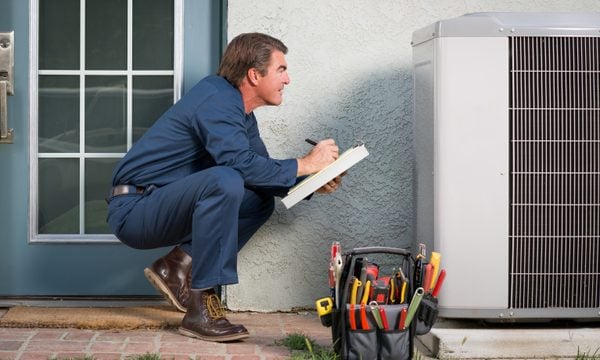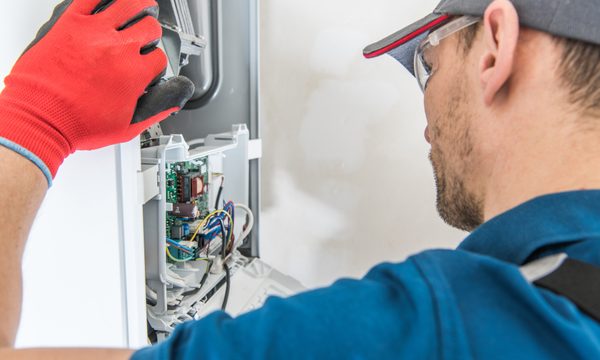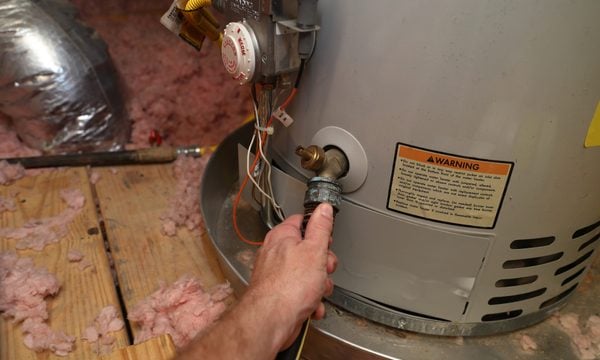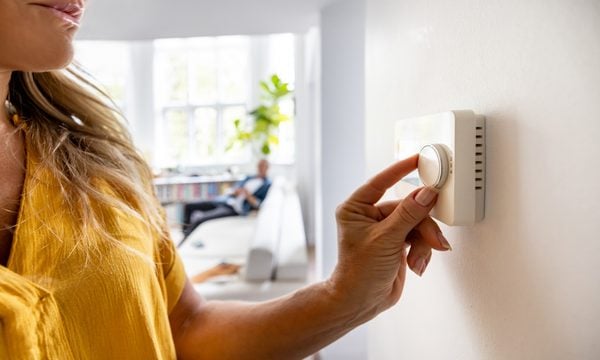Cost to Install Central Air in 2026: How to Save
The cost of installing a central air conditioning system varies widely depending on your home’s size, the type and efficiency of the unit, and whether ductwork is already in place.

Some or all of the mortgage lenders featured on our site are advertising partners of NerdWallet, but this does not influence our evaluations, lender star ratings or the order in which lenders are listed on the page. Our opinions are our own. Here is a list of our partners.
The cost to install central air conditioning, including the cost of the unit and labor, can range from around $6,000 to $11,500. Other systems that cool your home — such as mini-splits and heat pumps — can cost less or significantly more.
Did you know...
A central air unit is not the same as an HVAC system, although they’re related. HVAC stands for heating, ventilation and air conditioning, and encompasses an entire system that includes all three. Typically, central air conditioning is part of an HVAC system. Cost of central air by unit type
A traditional central air conditioning system and a ductless mini-split system just handle cooling as part of a larger HVAC system. Heat pumps can heat and cool your home using one system.
| Type of AC unit | Average unit cost | Best for |
|---|---|---|
| Central air conditioning | $2,500-$4,500. | Homes in hot climates, including those with limited indoor space. |
| Ductless mini-split system | $3,200-$14,500. | Homes that already have a furnace or those where installation of traditional ductwork isn’t feasible. |
| Air-source heat pump | $2,000-$12,000. | Higher energy efficiency, especially in humid and moderate climates with mild winters. |
| Geothermal heat pump | $4,000-$15,000. | Energy-efficient heating, even in extreme temperatures. Needs significant yard space for underground coils. |
Central air installation costs
The price of an air conditioning unit is only one piece of the total cost for a central air installation. On top of paying a qualified HVAC professional to install the AC unit, you may have additional expenses, such as a pre-installation evaluation and possibly air duct installation or modification.
Unit installation: $75 to $250 per hour.
Expect to pay between $500 and $2,500 for the professional installation of a new HVAC unit, with an average cost of $1,500. Labor costs to install a ductless mini-split system are similar. Heat pumps cost significantly more to install; typically, close to 70% of the total cost is for professional labor.
Pre-installation evaluation: $300 to $900.
An Air Conditioning Contractors of America (ACCA) Manual J load calculation determines what size AC system your home needs to ensure your AC system is the correct size for your home. Your HVAC contractor may do this calculation for free or include the cost in its estimate.
You could also have the load calculation done as part of a home energy audit, which can also identify air leaks and other issues that increase the cost of running an air conditioner. You can also receive a tax credit of up to $150 for getting a home energy audit, and your utility company may offer discounts.
Ductwork installation or upgrade: $500 to $10,000.
If your home doesn’t have existing ductwork or if your ductwork needs to be completely replaced, expect to pay between $2,000 and $7,500 for the installation. Costs are typically even higher for larger and older homes.
Even if your home already has ductwork, it may need an upgrade to handle the increased airflow of a new AC unit. Ductwork could also need to be replaced if there are air leaks or other problems. Minor ductwork repairs typically cost $300 to $1,000.
Advertisement
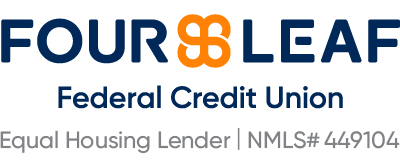
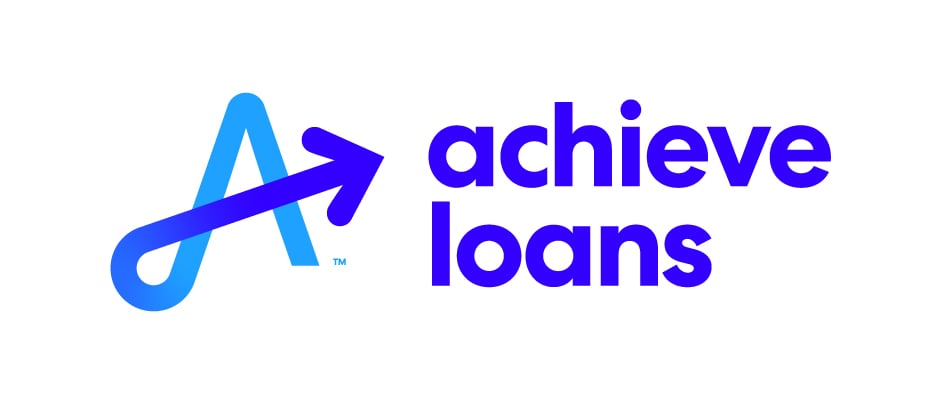

HELOC & Home Equity Loans from our partners

on FourLeaf Federal Credit Union
FourLeaf Federal Credit Union 

Min. credit score
670
Max. loan amount
$1,000,000

on Achieve
Achieve 

Min. credit score
600
Max. loan amount
$300,000

on Figure
Figure 

Min. credit score
600
Max. loan amount
$750,000
AC system cost by size in BTUs
The size of a central air unit refers to its cooling capacity and not its physical measurements. This capacity to cool is shown in British thermal units (BTUs) or tons, with residential systems generally available in 1.5- to 5-ton capacities.
You can expect to need approximately 20 BTUs per square foot of interior space. The higher your unit's size in tons or BTUs, the higher your cost will be.
| AC size | Home size (sq. ft.) | Average cost (unit only) |
|---|---|---|
| 1.5 tons | 900. | $2,500-$4,200. |
| 2 tons | 1,200. | $2,950-$5,100. |
| 3 tons | 1,600. | $3,800-$7,150. |
| 4 tons | 2,400. | $4,800-$8,650. |
| 5 tons | 3,000. | $5,250-$9,700. |
The actual size needed can vary by many factors, including the climate where you live. To determine a ton rating, multiply your home’s square footage by 20 to get the BTU rating, then divide that number by 12,000.
Nerdy Perspective
AC units are rated for energy efficiency through a Seasonal Energy Efficiency Ratio rating (SEER2). The U.S. Energy Information Administration requires AC units to have a minimum 14 rating in northern U.S. states and a 15 rating in southern states, where it’s hotter. Higher efficiency systems cost more upfront, but you can save on your energy bill over time. For example, the difference between a 14 SEER and 16 SEER unit is about $1,500, but you would save about $13 for every $100 spent on cooling.

How to save on central air conditioning installation costs
1. Look for equipment rebates and tax credits
Local governments, as well as utility companies and manufacturers, offer tax credits and rebates for high-efficiency air conditioners. Also, use the Energy Star rebate finder to find money-saving opportunities in your ZIP code.
2. Time your installation right
Scheduling installation in the off-seasons — spring and fall — may yield a lower price or faster turnaround time because HVAC pros aren’t as busy.
3. Get multiple quotes
Compare estimates from at least three different companies. Prices can vary significantly between HVAC contractors. Ask for a detailed breakdown of equipment, labor, permits and warranties to ensure you’re comparing apples to apples.
What Reddit users say about central air installation
Reddit is an online forum where users share their thoughts in “threads” on various topics. The popular site includes plenty of discussion on financial subjects like home insurance, so we sifted through Reddit forums to get a pulse check on how users feel about central air costs and ways to save. People post anonymously, so we cannot confirm their individual experiences or circumstances.
Reddit users recommend choosing a ductless system if your home doesn’t have existing ductwork, because ductwork can be complicated and expensive to install. Several users advise getting at least three quotes from licensed HVAC professionals to make sure you’re getting the best deal possible.
Frequently Asked Questions
How much does it cost to install central air?
The total cost to install central air typically ranges from $6,000 to $11,500, including both the unit and labor. However, your final price can be higher if you need new ductwork, a higher-efficiency unit or live in a large home. Getting a Manual J load calculation can help you choose the right system size and avoid overspending.
Is it cheaper to install central air or a mini-split system?
In many cases, a ductless mini-split system can be cheaper to install than central air, especially if your home doesn’t have existing ductwork. A multi-zone mini-split installation typically costs between $3,900 and $17,500, depending on the number of indoor units needed and the size of the space.
How long does a central air conditioning system last?
On average, a central air system lasts 15 to 20 years, although it may lose some efficiency over time. Lifespan can vary based on factors like the quality of the unit and whether it’s regularly maintained.
Article sources
NerdWallet writers are subject matter authorities who use primary,
trustworthy sources to inform their work, including peer-reviewed
studies, government websites, academic research and interviews with
industry experts. All content is fact-checked for accuracy, timeliness
and relevance. You can learn more about NerdWallet's high
standards for journalism by reading our
editorial guidelines.
More like this
Related articles



